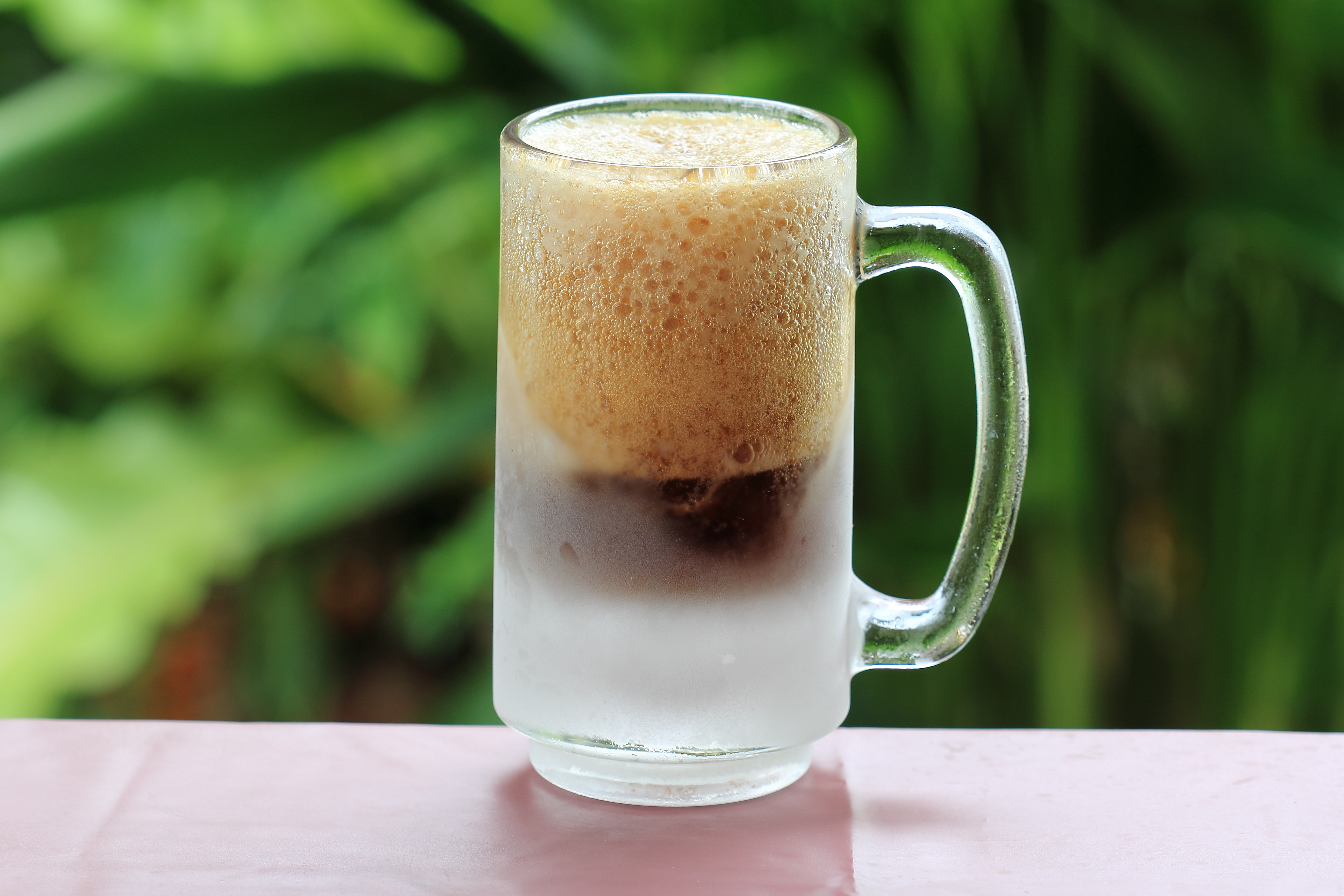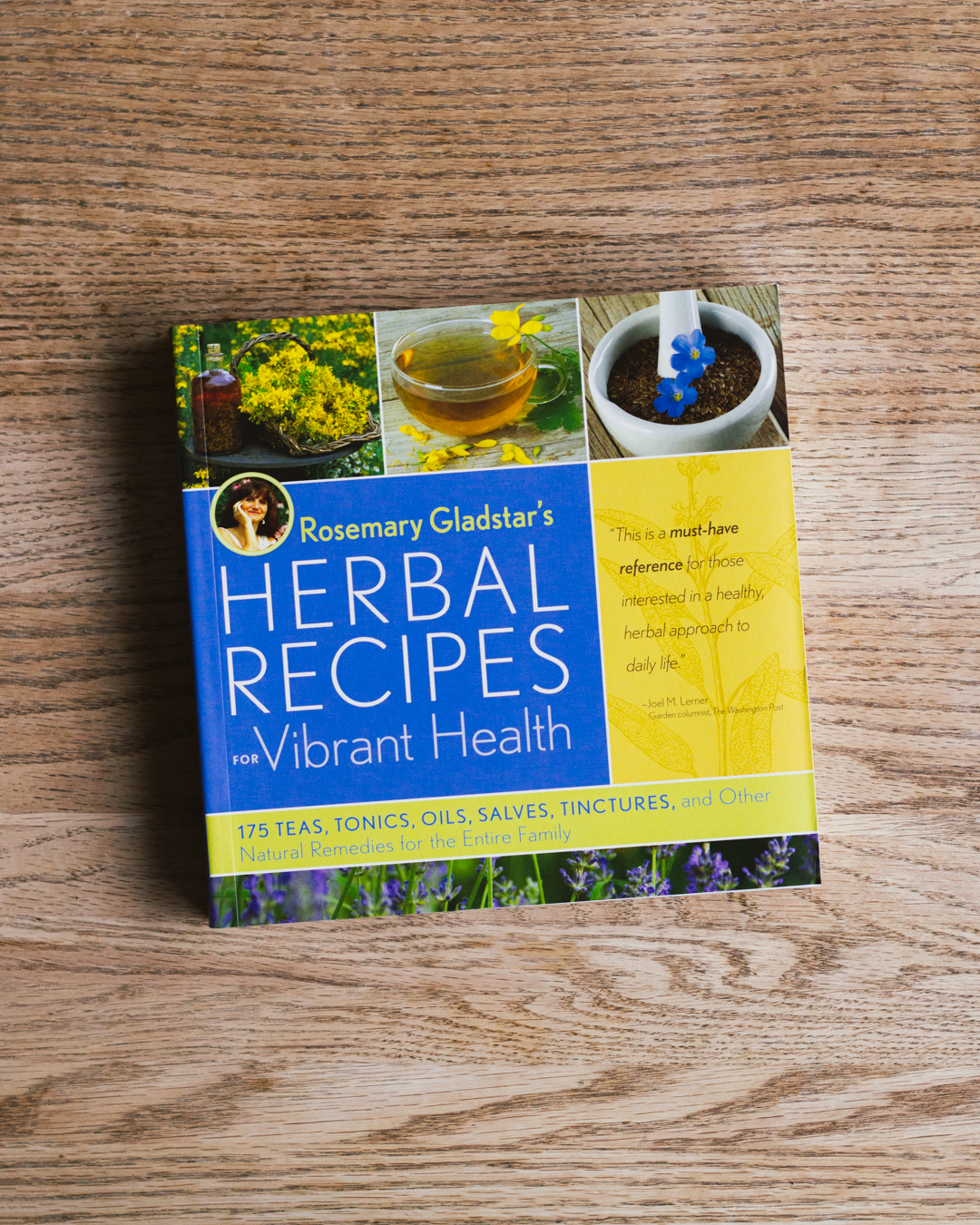Supporting Our Men and Boys
Published: Wed, 10/14/20


Sponsored by The School of Natural Healing & Christopher Publications
October 14, 2020
Supporting Our Men and Boys Kelly Pomeroy, M.H.
Being a woman, I won’t pretend to understand exactly what a man experiences, but having sons and helping clients over the last decade, I wish to increase understanding and share a few simple things that support the boys and men in our lives.
The male reproductive system is distinct in need and function from the female. As obvious as this sounds, it is important to remember.
 The main male reproductive organs will be briefly outlined. The testicles (plural of testes) produce the hormone testosterone. The testes also produce male sperm which sit in sacs called the scrotum, which hang slightly outside of the body, retracting or
extending from the torso to accommodate temperature for the testes. The epididymis is a system of small intricate tubes which sits on top of testes and helps to mature and store sperm. The vas deferens is a tube that leaves the epididymis and serves as a pathway for sperm to travel during emission and ejaculation. From there are the seminal vesicles, which are exocrine glands, that sit to either side of the prostate. The prostate sits just below the bladder. Both the prostate and the seminal
vesicles produce plasma that helps protect and support the sperm in their roles as they enter the female reproductive system. The urethra leaves the bladder, which then goes through the prostate and then past the bulbourethral gland. This gland produces a lubricating secretion and helps to deliver the final volume of semen. Each of these glands secrete into the urethra. The urethra continues until it reaches the end of the penis, sensitive tissues that exit out the base of the torso and serve to
deliver sperm to the female reproductive system or relieve the bladder of urine through the tube we mentioned, the urethra. 1
The main male reproductive organs will be briefly outlined. The testicles (plural of testes) produce the hormone testosterone. The testes also produce male sperm which sit in sacs called the scrotum, which hang slightly outside of the body, retracting or
extending from the torso to accommodate temperature for the testes. The epididymis is a system of small intricate tubes which sits on top of testes and helps to mature and store sperm. The vas deferens is a tube that leaves the epididymis and serves as a pathway for sperm to travel during emission and ejaculation. From there are the seminal vesicles, which are exocrine glands, that sit to either side of the prostate. The prostate sits just below the bladder. Both the prostate and the seminal
vesicles produce plasma that helps protect and support the sperm in their roles as they enter the female reproductive system. The urethra leaves the bladder, which then goes through the prostate and then past the bulbourethral gland. This gland produces a lubricating secretion and helps to deliver the final volume of semen. Each of these glands secrete into the urethra. The urethra continues until it reaches the end of the penis, sensitive tissues that exit out the base of the torso and serve to
deliver sperm to the female reproductive system or relieve the bladder of urine through the tube we mentioned, the urethra. 1As a male reaches puberty, testosterone increases and as men age testosterone decreases. The changes you may see with increased testosterone are:
Increased aggressive attitudes, larger body size, enhanced muscle and skeletal growth, wider shoulders and a narrower pelvis, enlarged larynx and vocal cords, facial, body, pubic, and axillary hair, receding scalp hairline or balding (if genetically inclined).
Supporting the boys and men in our lives can start with our everyday things. Some genetic factors may contribute to hormone and reproductive health, but lifestyle factors such as smoking, alcohol, not getting enough sleep, poor diet, or too much weight contribute as well. 2
I recommend a plant-based diet and for those wanting meat, use very little; there is plenty of protein readily available in legumes, nuts, seeds, and produce. I also recommend Dr. Christopher’s Mucusless diet, see here for more information. A few tips for foods you could include to support a healthy male system would be fava beans. They contain L dopa, which helps make dopamine, a neurotransmitter associated with pleasure, movement, emotion, and motivation. Garlic improves the health and effectiveness of the circulatory system. Pomegranate juice is an antioxidant rich drink, which was proven in a double-blind study to help resolve erectile dysfunction in a 6-week period. Pumpkin seeds contain high omega 3 fatty acids, zinc, carotenoids, and phytosterols all which help keep healthy prostate tissue and can help prevent prostate enlargement or cancer.
Dr. Christopher made a couple formulas for male health. The Male Tonic formula which includes Siberian ginseng, sarsaparilla, red raspberry leaves, saw palmetto, gingko, pumpkin seeds, damiana, bee pollen, hops, and dandelion. These herbs support the male system to have hormone balance, stamina, and energy needed to complete their roles.
Dr. Christopher also created the Prostate Plus formula which contains saw palmetto, mullein, and gingko. Saw palmetto helps to protect the prostate from the irritating effects of testosterone, thus promotes the shrinking of the gland. Mullein is a glandular herb that can help support the shrinking of the prostate to an appropriate size, and gingko can help increase oxygen and blood flow to the area. 3
Recently a young man shared with me what he felt males need most. He says males are told to “man up”, not show emotion, and that certain talents such as handicrafts or certain colors make them less of a man. He said he wished men were given a safe place to express their emotions, be allowed to feel hurt, and express interests without the harsh judgement we as a society tend to dish out. Some men need a push in their lives and some need a break, each is unique, but without fail, love always works. As we support the men and boys in our lives with more understanding, love, and nutrition, they will be able to become their best selves and bless the world around them.
Kelly Pomeroy is a Master Herbalist and Adviser for The School of Natural Healing. She is also a certified Foot Zoner and Instructor. She loves to continually learn about plants, the body, and the earth. She lives in Utah with her four children.
References
1.Kapit, W., Meisami, E. and Macey, R., 2000. The Physiology Coloring Book. San Francisco: Benjamin Cummings.
2. Duke, J., 2009. The Green Pharmacy Guide To Healing Foods. Emmaus, Pa.: Rodale.
3.Christopher, D. and Gileadi, C., 2010. School Of Natural Healing Herb Syllabus. Springville, Utah: Christopher Publications.
Printable Version: http://herballegacy.com
If you missed an article be sure to visit http://www.herballegacy.com and click on Articles. Also, take advantage of David Christopher's Radio Show (see Resource Links below for more information).
A Healthier You Radio show is back!
Listen live every Monday morning at 11:30 Mountain Time.
Click here for the link to listen to our live show
David is on Youtube!
David released a great video about COVID-19 and how our immune systems work. Check it out here!
Root Beer 
2 ounces Sarsaparilla root
2 ounces Sassafras root bark
1 ½ ounces wintergreen herb
½ ounce tansy
1-pint molasses
Simmer the herbs gently in water for about a half an hour and strain. Recall that for each teaspoon of herb, use a cup of water. Add molasses. When cool, add just a pinch (about ¼ t. of baking yeast or wine yeast). After two hours add 2 ½ gallons of lukewarm water. It will be fizzy in five or six hours and then placed into clean bottles, well capped and kept in a cool place. This is a good blood cleanser and a delightful cooling beverage as well. 3
Recipe by Dr. John R. Christopher

2 ounces Sarsaparilla root
2 ounces Sassafras root bark
1 ½ ounces wintergreen herb
½ ounce tansy
1-pint molasses
Simmer the herbs gently in water for about a half an hour and strain. Recall that for each teaspoon of herb, use a cup of water. Add molasses. When cool, add just a pinch (about ¼ t. of baking yeast or wine yeast). After two hours add 2 ½ gallons of lukewarm water. It will be fizzy in five or six hours and then placed into clean bottles, well capped and kept in a cool place. This is a good blood cleanser and a delightful cooling beverage as well. 3
Recipe by Dr. John R. Christopher
Printable Version: http://herballegacy.com
Herbal Resource Links
- Herbal Legacy - http://www.herballegacy.com - Our free information website
- The School of Natural Healing - http://www.snh.cc - Quality Education since 1953
- Christopher Publications - http://www.christopherpublications.com - Dr. Christopher's books and more
- A Healthier You Radio Show - http://www.ahealthieryouradio.com - Free weekly radio show
This newsletter is sponsored by:
The School of Natural Healing: http://www.snh.cc
Christopher Publications: http://www.christopherpublications.com
The School of Natural Healing: http://www.snh.cc
Christopher Publications: http://www.christopherpublications.com
NOTICE: All information in this newsletter is given out as information only and is not intended to diagnose or prescribe. For our official Disclaimer, Biological Individuality, Important Notice & Terms of Use please see: http://www.herballegacy.com/Disclaimer.html
This newsletter is sent by permission only - you can unsubscribe quickly and easily by clicking the link below.
.
